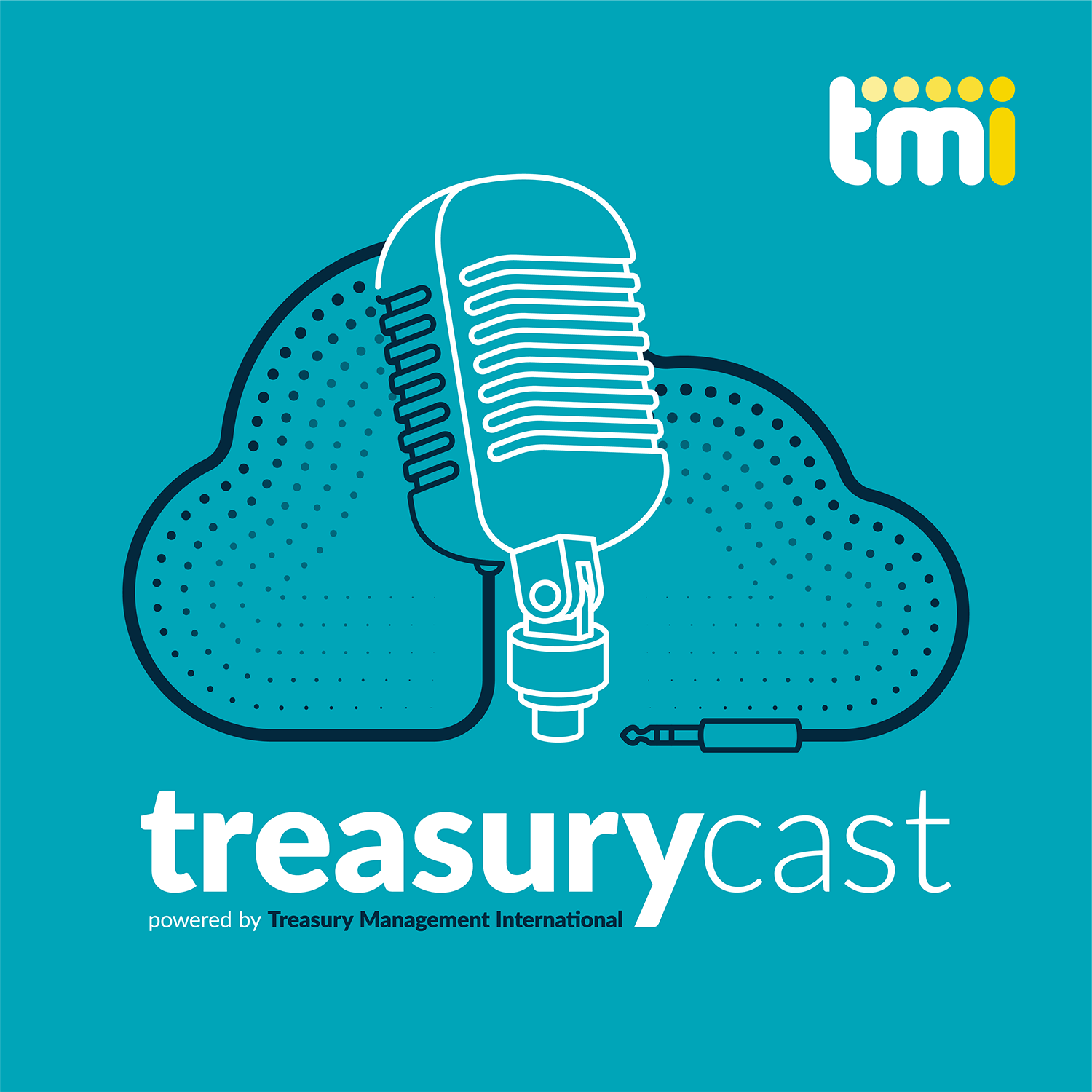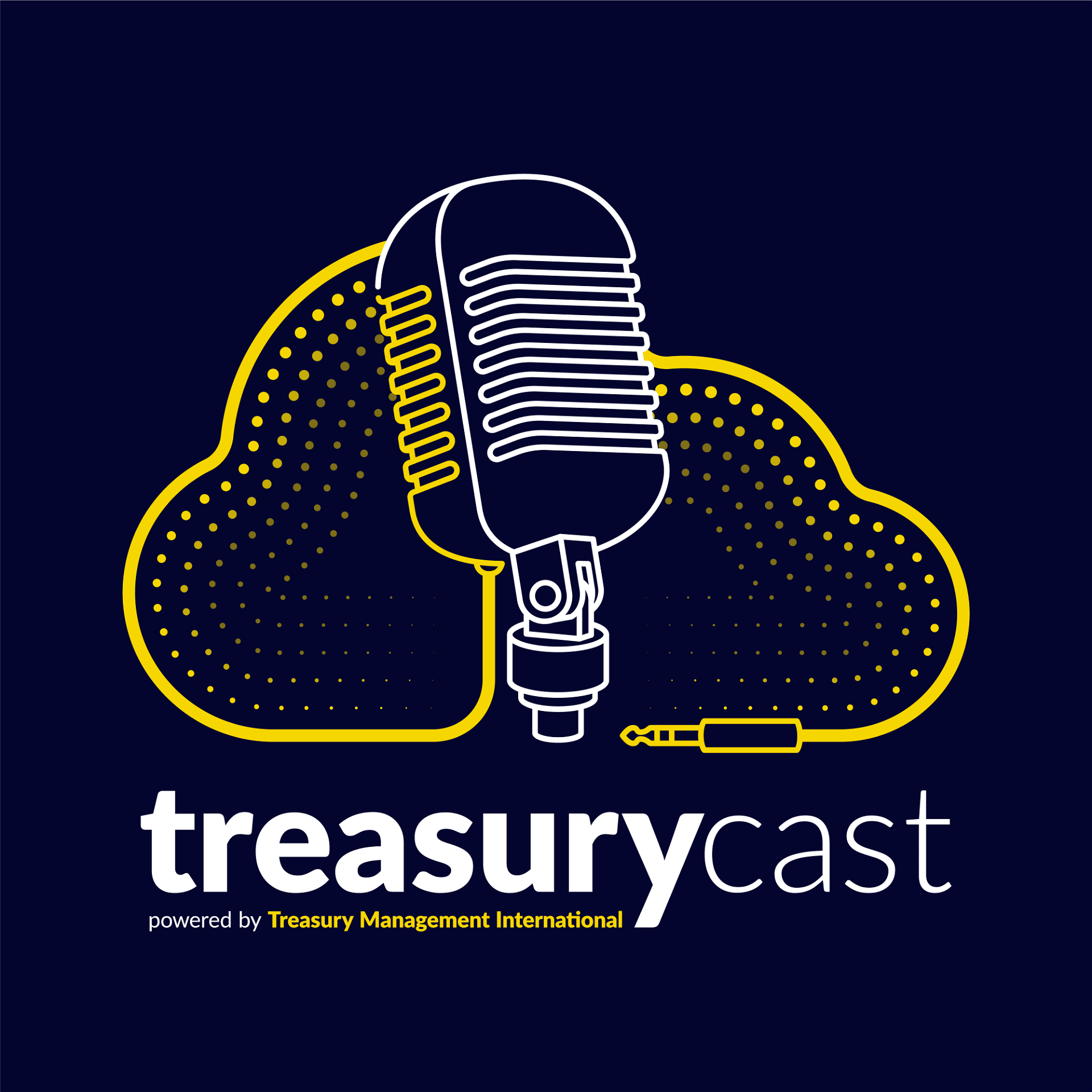European traditional investment managers (IMs) are increasingly focusing on the investment impact of environmental, social and governance (ESG) factors, particularly environmental sustainability, Fitch Ratings says in a new report.
The process has accelerated, helped by the EU’s Sustainable Finance Disclosure Regulation, which aims to make funds more transparent and easier to differentiate with respect to sustainability. Sustainable funds saw record net inflows in 2020 and accounted for 11% of European assets under management (AUM) at end-2020, according to Morningstar. Most demand for sustainable products in recent years has been from institutional investors, but there are signs that ESG momentum is gaining traction with retail investors.
Data from Morningstar and company filings highlight the extent to which ESG funds are growing faster than the overall European market. Net flows into European ESG-focused funds in 2020 were 37% of end-2019 AUM. This compares with average annual net flow rates over 2017-2020 of less than 10% for the overall funds managed by each of the European traditional IMs publicly rated by Fitch.
In a recent survey of Fitch-rated IMs, we found that managers still classify a significant proportion of their funds as Article 6 (non-sustainable, do not integrate any kind of sustainability into the investment process). However, there is momentum towards Article 8 (promoting environmental or social characteristics) and Article 9 classifications (having sustainable investment objectives).
Sustainability has become a differentiating factor for investors, leading to increasing pressure on European IMs to meet the stricter ESG criteria for Article 8 and Article 9 classifications. IMs that lag could lose market share and AUM unless they can differentiate themselves in other ways, for example, by superior performance net of fees.





